On the 40th day of Easter, Catholic tradition says Jesus Christ ascended into heaven, thus why Ascension Day always falls on a Thursday – and we in Germany get to revel in a nice holiday from work. In 2023 the day falls on Thursday May 18th.
But in Germany you’re more likely to see day-drinking debauchery than pious reverence for the holiday (unless you’re in Bavaria) and it’s not just because people are excited not to work.
Ascension Day in Germany is also Father’s Day (Vatertag), or Men’s Day (Männertag) as it’s called in some places, and the traditional way that Germans like to honour dear old Dad is with good old beer, and lots of it.
And that means you may spot some groups of men drinking beer on Thursday – or dads will get a day to relax in front of the telly at home.
This might be surprising for newcomers who see Father’s Day as a time for cheesy “World’s Best Dad” mugs and ugly neckties.
But the German way is more about celebrating manhood and going out into nature in “gentlemen parties” (Herrenpartien) while pulling along decorated Bollerwagen (handcarts) filled to the brim with food and booze.
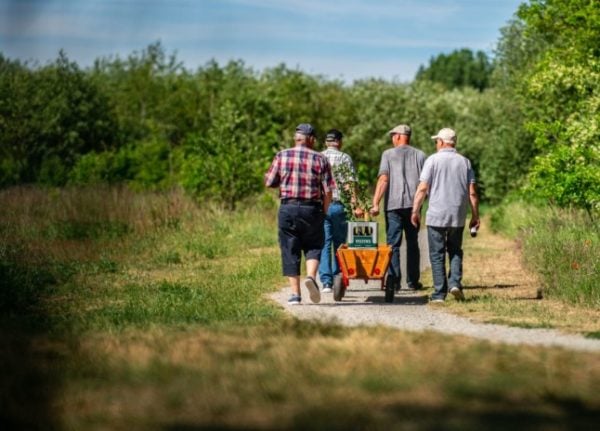
Men with their Bollerwagen in Warendorf, North Rhine-Westphalia, on Father’s Day 2020 in Germany. Photo: picture alliance/dpa | Guido Kirchner
The tradition dates back to the 18th century as a way to celebrate Jesus returning to the Holy Father. Men would ride into town on carts or carriages and whoever had produced the most children would be rewarded with a big slice of ham, according to Spiegel.
By the 19th century, though, religion become less relevant and the day became more and more about ‘being a man’ through drinking, smoking and hiking, especially in now former communist East Germany where the religious holiday was abolished and eager binge drinkers decided to take the day off anyway to indulge in tradition.
Nowadays, these often no-women-allowed groups wear coordinated costumes and go on bike rides, hikes and strolls with their Bollerwagen booze-carts in tow.
This has led to an annual threefold increase of alcohol-related traffic accidents on this day each year, making it one of the peak times of year for reckless intoxication, according to the Federal Statistics Office.
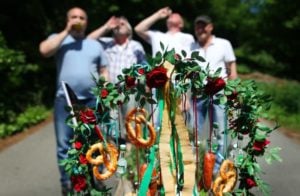
Men drinking on Vatertag in Remscheid, North Rhine-Westphalia in 2017. Photo: picture alliance / Ina Fassbender/dpa | Ina Fassbender
The amount of drunkenness got so out of hand that in 2008, current President of the European Commission (then German Family Minister) Ursula von der Leyen begged in exasperation for an end to the inebriated ways of her countrymen, saying their age-old habits were “awful” and calling for a revolution.
“Men who want to be far away from their children are the final straw,” she said.
“A father should not be drunk in front of his children… I am in favour of reinventing Fathers’ Day as a day when they enthusiastically play with their children.”
READ ALSO: Why Germans are being warned not to cycle drunk on Father’s Day
Alas, her pleas have not quite yet been heeded.
That is of course until you go further south to more Catholic regions like Bavaria where towns continue on with religious parades that actually honour Jesus Christ on the sacred day – and give locals yet another reason to wear Lederhosen with funny hats.

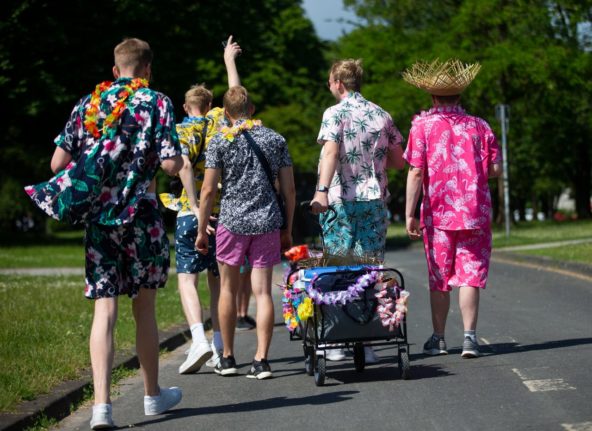
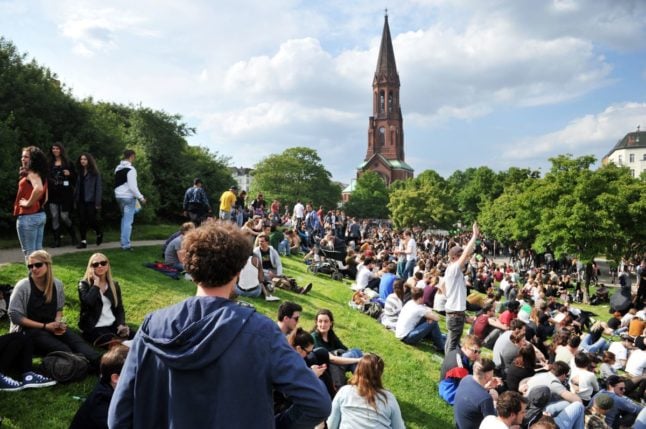
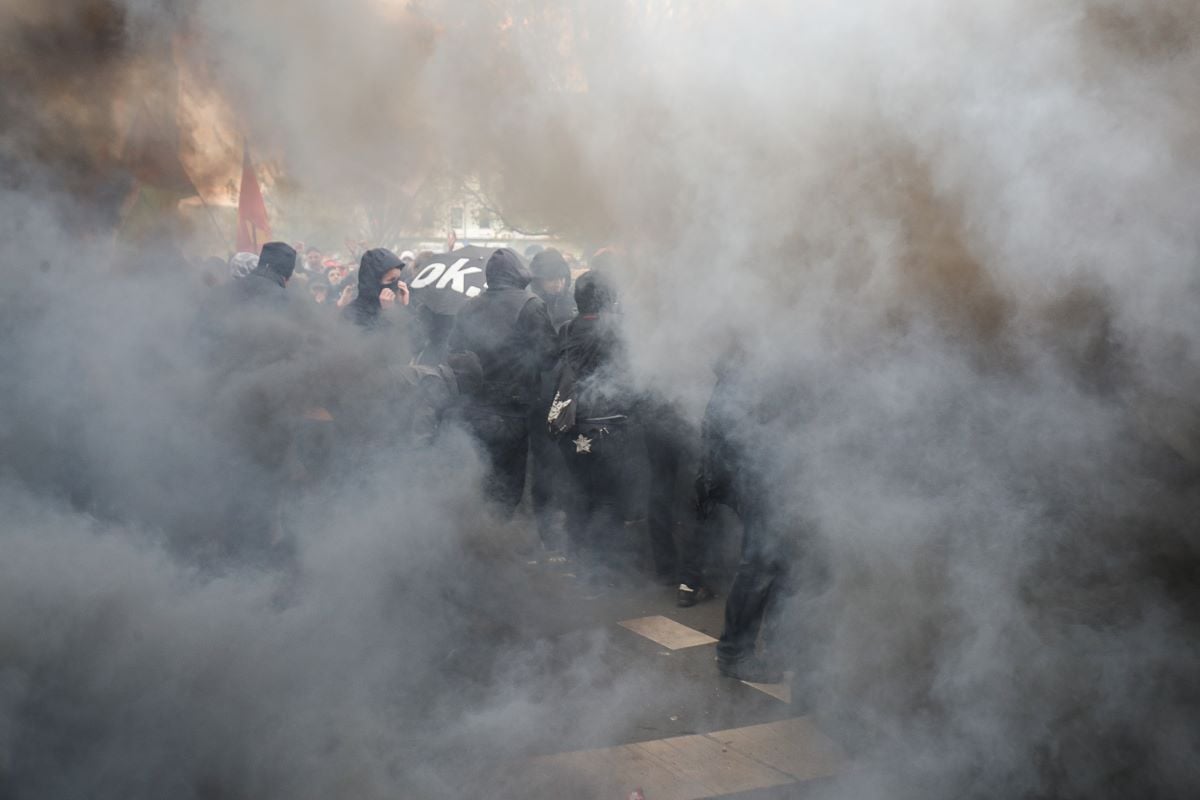
 Please whitelist us to continue reading.
Please whitelist us to continue reading.
Member comments